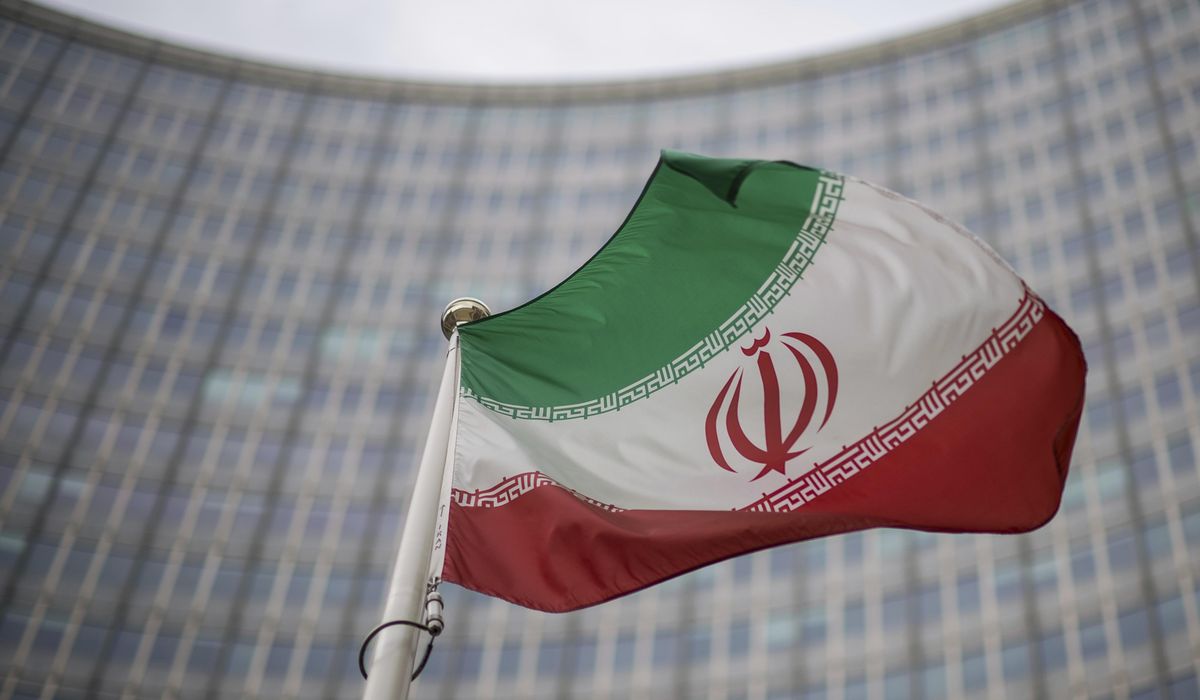

VIENNA (AP) — Talks aimed at salvaging Iran‘s tattered 2015 nuclear deal with world powers were adjourned Friday, following a round marked by tensions over new demands from Tehran.
Participants said they aim to resume quickly, though they haven’t yet firmed up a date. China’s chief negotiator, Wan Qun, said the talks will “resume hopefully before the end of the year.” Enrique Mora, the European Union diplomat who chaired the talks, echoed that, saying: “I hope it will be during 2021.”
The current talks in Vienna between the remaining signatories to the 2015 nuclear agreement – known as the Joint Comprehensive Plan of Action, or JCPOA – opened on Nov. 29, after a gap of more than five months caused by the arrival of a new hard-line government in Iran. There was a short break last week as delegations returned home to consult with their governments.
<!– Temp removal of in article reco
End comment –>
The United States has participated indirectly in the ongoing talks because it withdrew from the accord in 2018 under then-President Donald Trump. President Joe Biden has signaled that he wants to rejoin the deal.
“For the eighth round, we have a lot of work ahead, a very complex task, I have to say,” Mora said. “Difficult political decisions have to be taken.”
The accord was meant to rein in Iran’s nuclear program in return for loosened economic sanctions. Britain, France, Germany, Russia and China are still part of the agreement.
Following the U.S. decision to withdraw from the deal and reimpose sanctions on Iran, Tehran has ramped up its nuclear program again by enriching uranium well beyond the thresholds allowed in the agreement. Iran has also restricted monitors from the U.N. atomic watchdog from accessing its nuclear facilities, raising concerns about what the country is doing out of view.
Diplomats from the three European nations have voiced frustration with Iran‘s stance during the current talks, saying earlier this week that they were “losing precious time dealing with new Iranian positions inconsistent with the JCPOA or that go beyond it.”
They warned that “without swift progress, in light of Iran’s fast-forwarding of its nuclear program, the JCPOA will very soon become an empty shell.”
Still, there was one sign of progress on a related issue when Iran and the International Atomic Energy Agency reached a deal Wednesday to reinstall cameras damaged at an Iranian site that manufactures centrifuge parts, though inspectors remain limited on what footage they can access.
Mora, the talks’ chairman, underscored that there is a “sense of urgency” to revive the 2015 agreement after the talks adjourned, though he wouldn’t set a deadline.
“We are not talking any more about months, we are talking about weeks,” he said, though he added that he could not say how many.
